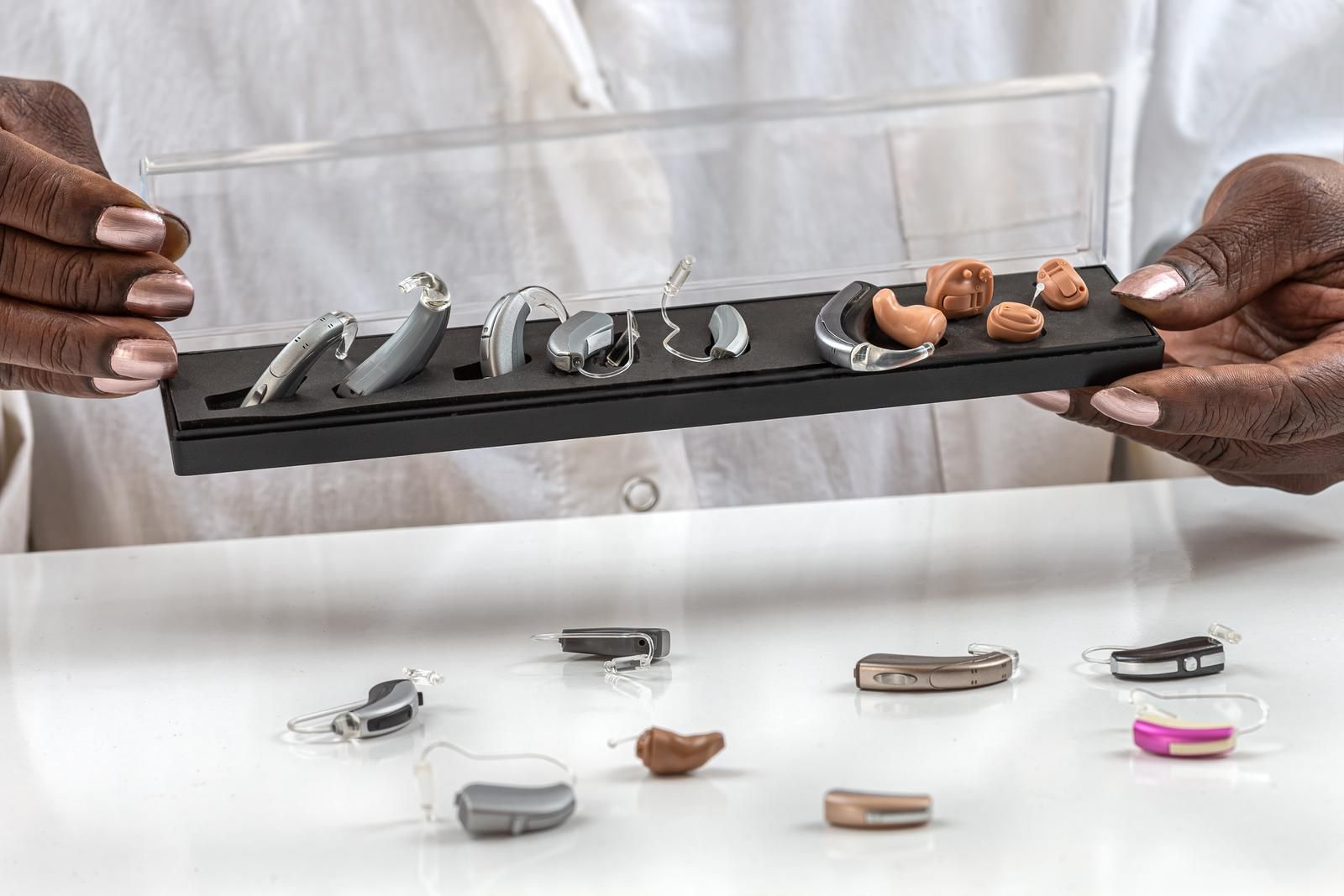What Are the First Signs of Throat Cancer? A Guide to Early Detection
My sore throat won’t go away—could it be cancer?
If you’ve had a persistent sore throat, hoarseness, or trouble swallowing, it’s normal to feel concerned. While most throat issues are harmless, such as allergies or infections, some symptoms can signal something more serious—like throat cancer. But what exactly should you look for?
Let’s go through the early signs of throat cancer, when to see a doctor, and what happens next.
What is Throat Cancer?
Throat cancer refers to cancers that develop in parts of your throat and voice box, including:
- Voice box (larynx)
- Vocal cords
- Tonsils
- Back of the tongue (oropharynx)
- Upper part of the throat (pharynx)
The First Warning Signs of Throat Cancer
1. Persistent Sore Throat or Hoarseness
- A sore throat that lasts for several weeks and doesn’t get better, even after taking antibiotics or allergy medications
- A hoarse, raspy, or weak voice lasting more than two weeks, especially if you’re not sick with a cold or flu
- Why it matters: While hoarseness often occurs with common colds or infections, persistent voice changes may indicate tumors affecting the vocal cords and should be evaluated by an ear, nose, and throat specialist.
2. Trouble Swallowing (Dysphagia)
- Feeling like food gets stuck in your throat
- Pain or burning when swallowing
- Frequent choking or coughing when drinking or eating
- Why it matters: Tumors in the throat or esophagus can narrow the passage, making it harder and sometimes painful to swallow.
3. Lump or Swelling in the Neck
- A painless lump near your jaw or neck that doesn’t go away
- Swollen lymph nodes that persist for several weeks without improving
- Why it matters: Throat cancer often spreads to the lymph nodes early on, so persistent lumps in these areas can be an important warning sign.
4. Chronic Cough or Coughing Up Blood
- A cough that won’t clear up and isn’t related to a cold or allergies
- Coughing up small amounts of blood (known as hemoptysis)
- Why it matters: These symptoms may signal irritation or the presence of a tumor in the airway.
5. Ear Pain Without Infection
- Unexplained earache, particularly on one side
- A sensation of fullness or ringing in your ear
- Why it matters: Nerves in your throat connect to your ears, so sometimes throat cancer causes pain that you can feel in your ear—even if there’s no infection.
6. Unexplained Weight Loss
- Losing 10 pounds or more without trying.
- Why it matters: Cancer can affect your metabolism and make eating painful, leading to rapid weight loss.
What Should You Do If You Notice These Symptoms?
If any of these symptoms last longer than 2 to 3 weeks, don’t ignore them. While most cases won’t be cancer, early detection is important. Many early signs of throat cancer resemble common illnesses, so it’s easy to overlook them. But if something feels unusual and sticks around, make sure to get it checked.
Catching throat cancer early makes a huge difference—early-stage throat cancer has a five-year survival rate of around 90% (American Cancer Society, 2023).
Who’s at Higher Risk?
- Smokers and heavy drinkers. Tobacco and alcohol are major risk factors.
- HPV-positive individuals. Human papillomavirus is now a leading cause of throat cancer, especially in younger adults who don’t smoke.
- People over 50. Risk increases with age.
- Those with GERD. Acid reflux may contribute by irritating the throat.
How Can You Prevent Throat Cancer?
- Avoid tobacco and limit alcohol intake
- Maintain good oral hygiene to reduce infections
- Eat plenty of fruits and vegetables.
- Get the HPV vaccine—it helps protect against cancers linked to HPV.
How Is Throat Cancer Diagnosed?
If your doctor suspects throat cancer, they may recommend:
- Laryngoscopy: Using a small camera to look inside your throat
- Biopsy: Taking a tiny tissue sample for testing
- Imaging tests: CT, MRI, or PET scans to see if the cancer has spread
Ear, Nose, and Throat Specialists in Oakland and Macomb County, Michigan
If you’ve noticed any of these warning signs, don’t brush them off. At ENT Care of Michigan, our specialists are here to help—offering expert diagnostics, compassionate care, and advanced treatment options for head and neck cancers.
When it comes to your health, "wait and see" is never the best plan.
Connect with us to schedule an appointment.










